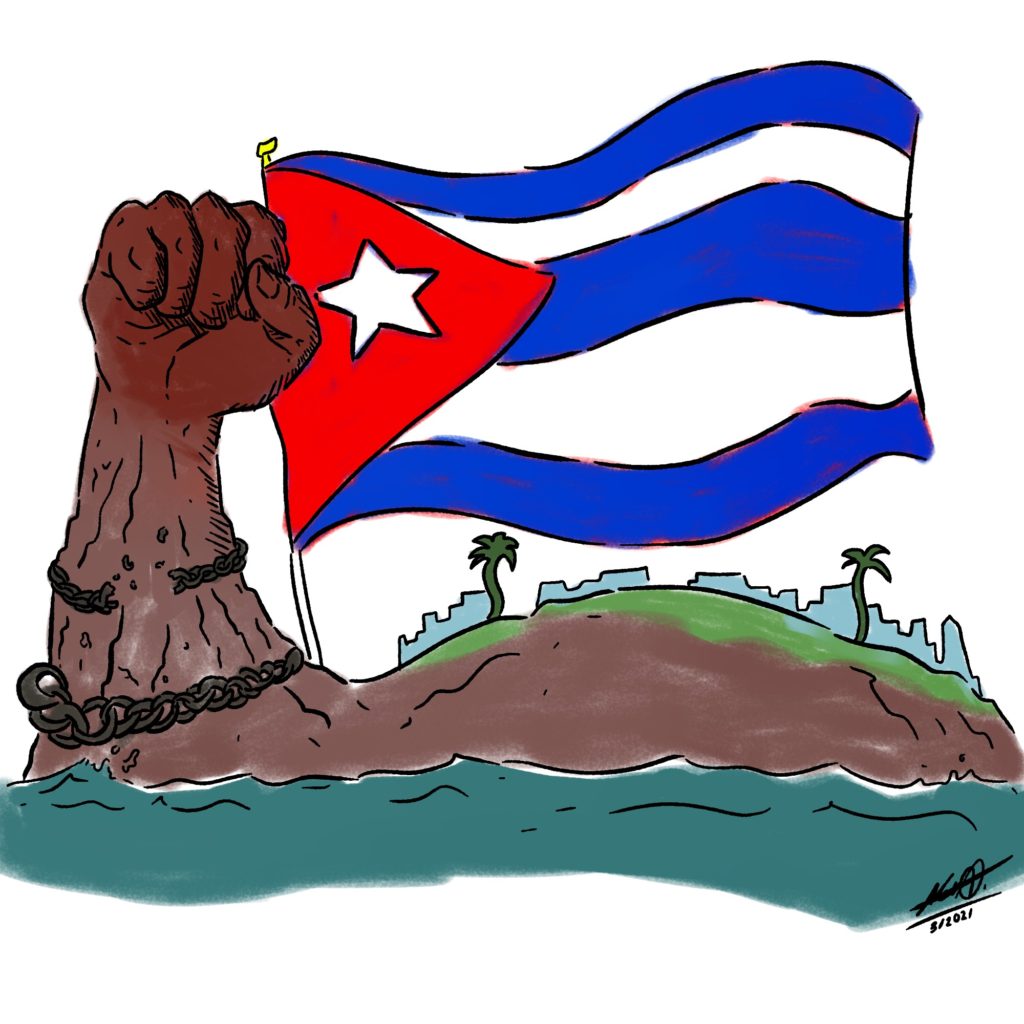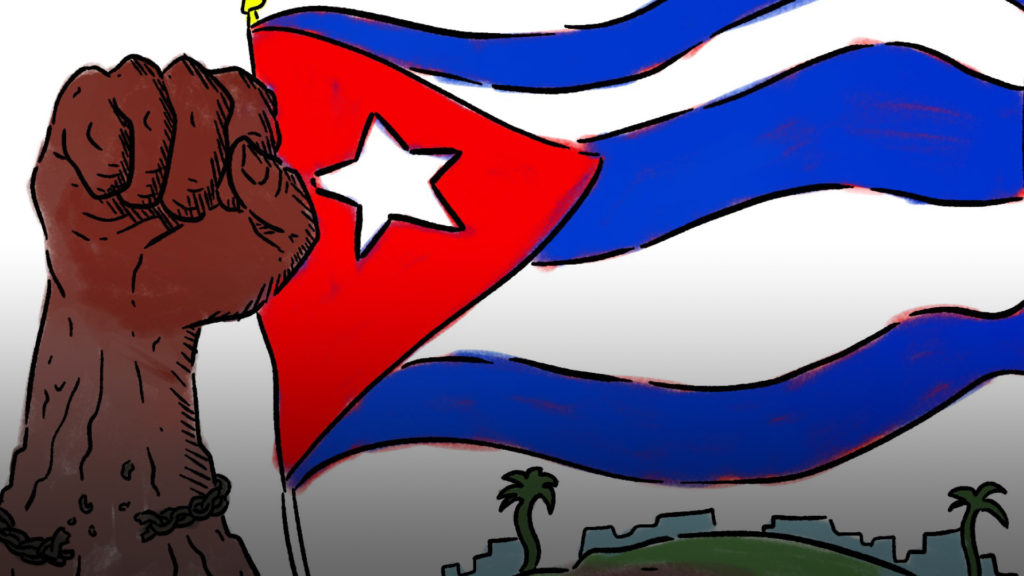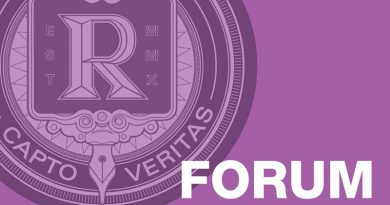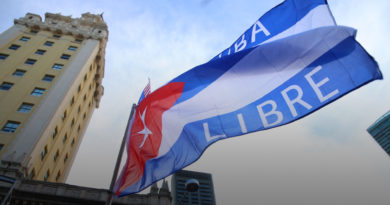Patria Y Vida Calls For Cubans Everywhere To Speak Out Against The Regime
Thirty years ago, Cuban-American musician Willy Chirino stepped on stage in Panama before a crowd of more than 3,000 Cuban detainees. As they struggled with El Periodo Especial—a terrible economic crisis that followed the fall of the Soviet Union—he sang and told them their day was coming.
Thirty years later, they are still waiting.
Last month, a group of Black artists gathered together to release the anthem Patria y Vida (Homeland and Life). The song title is a dig at an old Fidel Castro slogan: “Patria o Muerte” (Homeland or Death). The song’s lyrics strongly defend Cuban artists who are being censored and beaten for disagreeing with the regime’s opinion. It also offers a rare critique of the Cuban government.
The song is a symbolic call-to-arms to Cubans everywhere—to let go of their fear of speaking the truth and hone in on their power.

Artists include Grammy Award winner Descemer Bueno, rapper Yotuel Romero from the group Orishas, Randy Malcom and Alexander Delgado from the reggaeton duo Gente de Zona, and island-based dissident rappers Maykel Osorbo and El Funky.
Patria y Vida has spread like wildfire since its release. While the government attempts to block the song on the island, where the Internet has been extremely restricted in Cuba since 2009, residents can still listen to it through flash drives at home or illegally on their cellphones.
After ultimately failing to censor the song, the Cuban state-run media launched a campaign to combat its message and discredit its authors.
The official newspaper of the Communist Party, Granma, dedicated multiple front-page spreads to it. The Cuban news agency called the song an “annexation vomit.” Pro-government musicians and artists issued statements and signed letters accusing its authors of being “mercenaries,” “buffoons” and “traitors.”
Romero stated that his desire to step into the political arena came after talking to Cuban friends and watching videos on social media of the long lines to buy food, the declining situation in hospitals, the repression against dissidents and the human right abuses in the country.
For Romero, Bueno and Gente de Zona, the song represents a turning point in their careers. In an interview with Miami Mayor Francis Suarez, Gente de Zona said that they used to make music for people to party to but now they want to make music for the people they care about.
The music video has more than three million views on Youtube. It has even caught the attention of the European Union: they hosted a forum last week that allowed activists and artists to speak on the injustices and human rights violations taking place on the island. The EU said they would open an investigation.
Just like in the 90s, Cuba is in a horrible economic crisis. Aid from Venezuela—Cuba’s biggest contributor since the fall of the Soviet Union—has decreased substantially after their economy plummeted under Nicolás Maduro’s regime.
In addition, tighter U.S. sanctions under former President Donald Trump and the COVID-19 pandemic have caused widespread shortages similar to those that happened during El Periodo Especial.
But unlike thirty years ago, many—artists, musicians, academics, activists and journalists—are no longer afraid to challenge their oppressors. I hope this is the momentum our generation of Cubans and Cuban-Americans need to make a change.
We can’t keep waiting. Our families on the island won’t survive another thirty years.




